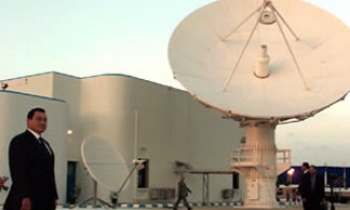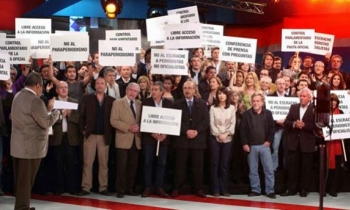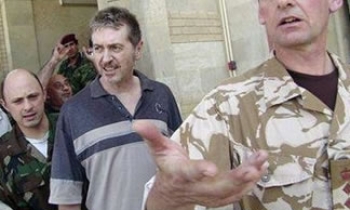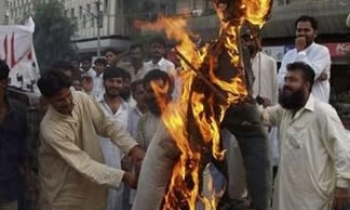A FRONT-page cartoon in Wednesday’s France Soir, one of the papers that has outraged Muslim opinion by reproducing the controversial cartoons of the Prophet Mohammed, shows a sulking Mohammed sitting in a cloud being consoled by God: "Stop whingeing Mohammed, we’ve all been caricatured up here," says God, as deities from other religions look on.
Such humour is unlikely to cut much ice with the increasingly frenzied detractors of the decision to publish representations of the Prophet, with Palestinian gunmen surrounding the EU office in the Gaza Strip, and militants across the Islamic world targeting Danish interests in protest at the Danish paper which first published the 12 cartoons.
One of the cartoons depicts the Prophet’s turban as a bomb. It is certainly offensive, with its direct implication of Islam as a terrorist religion, and could raise questions about incitement to religious hatred. Others are in poor taste, but most might seem harmless to an outsider. What has upset Muslims, however, is the mere fact of representation of the Prophet, which is forbidden in Islam.
Yet the France Soir cartoon cuts to the essence of the issue. The West has often caricatured its own religion, its culture, indeed everything that many in its population hold most sacred. The right to do so lies at the very heart of the liberal freedoms that we hold so dear. Indeed the freedom to show irreverence to religion underlines the separation between Church and State that is a key principle of our Western model.
The line is drawn at incitement to hatred or violence, but offence or mockery in themselves are insufficient reason to bar the freedom of expression. The bar on representing the Prophet is a religious prohibition, and Islam has no business demanding of secular European governments to enforce that prohibition, just as Christians cannot demand of rigorous Islamic states to allow them wine, irrespective of its centrality to the Church’s holy sacraments.
In our societies, religion is open to questioning, criticism and, yes, even ridicule. It is this plurality of opinion that allows us the robust, critical framework of democracy. A society that forbids the criticism of religion is just as likely to forbid the criticism of its ruling political philosophy, and by extension its politicians and its officials.
The state has a duty to protect the practise of religion, as it does to protect the individual against religious (or indeed racial or sexual) discrimination. But it has no business enforcing its precepts, nor acting as its thought police. To do so would be to place itself as defender of one person’s sensitivities against another’s freedom of expression, to the detriment of our democratic values and our universal human rights.









